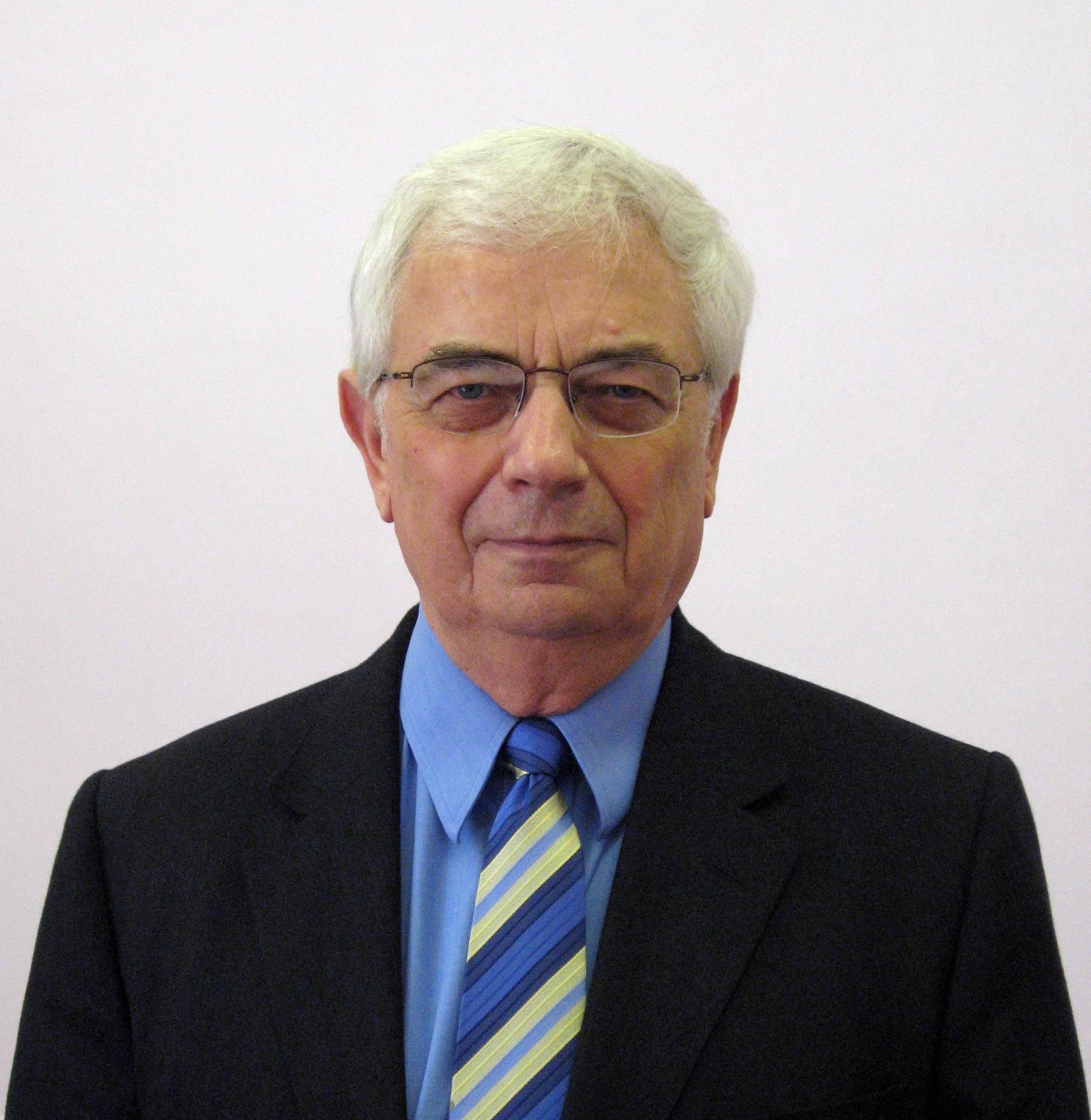Save the date 20-22 April 2018

Speaker Details
|
|
|
|
Biography |
|
|
 Professor Elliott graduated with First Class Honours in Plant Sciences from the University of Wales in 1963. His PhD in plant biochemistry (1966) in the laboratory of Professor H.E. Street at the University of Wales was followed by a period as a Fulbright Scholar and Research Staff Biologist at Yale University (1967-1969). He returned from the USA to take the post of Lecturer in Plant Biochemistry at the University of Leicester (1969-1971), then he became Professor and Head of the School of Life Sciences at De Montfort University, Leicester (1971-1994). He was Chairman of the College of Deans at De Montfort University (1989-1993) then Founding Director of the Norman Borlaug Institute for Crop Improvement (1994 to date) and Editor in Chief of the BioMed Central open access journal Agriculture and Food Security (2011 to date). Professor Elliott is the author of several hundred research publications with emphasis on molecular biological approaches to cereal improvement and he has directed the Higher Degree programmes of more than fifty Graduate Students. He was honoured by the award of the Fellowship of the Royal Society of Arts (1984), the Fellowship of the Royal Society of Biology (1989), the Charles University Medal (1992), the Gregor Mendel Gold Medal for Biological Sciences Research of Exceptional Merit (1993), the Jan Evangelista Purkyne Medal (1994) and the DSc (Honoris Causa) of the Bulgarian Academy of Agricultural Science (2006).He was a Member of the Science and Engineering Council’s Biological Sciences Committee (1978-1981), a
Member of Various Appraisal Committees of the Biotechnology and Biological Sciences, a Member of the Council for National Academic Awards' Life Science Research Degrees Committee
(1988-92) and an Accredited Specialist, Hong Kong Council for Academic Accreditation
( 1990 to 1999).
Professor Elliott graduated with First Class Honours in Plant Sciences from the University of Wales in 1963. His PhD in plant biochemistry (1966) in the laboratory of Professor H.E. Street at the University of Wales was followed by a period as a Fulbright Scholar and Research Staff Biologist at Yale University (1967-1969). He returned from the USA to take the post of Lecturer in Plant Biochemistry at the University of Leicester (1969-1971), then he became Professor and Head of the School of Life Sciences at De Montfort University, Leicester (1971-1994). He was Chairman of the College of Deans at De Montfort University (1989-1993) then Founding Director of the Norman Borlaug Institute for Crop Improvement (1994 to date) and Editor in Chief of the BioMed Central open access journal Agriculture and Food Security (2011 to date). Professor Elliott is the author of several hundred research publications with emphasis on molecular biological approaches to cereal improvement and he has directed the Higher Degree programmes of more than fifty Graduate Students. He was honoured by the award of the Fellowship of the Royal Society of Arts (1984), the Fellowship of the Royal Society of Biology (1989), the Charles University Medal (1992), the Gregor Mendel Gold Medal for Biological Sciences Research of Exceptional Merit (1993), the Jan Evangelista Purkyne Medal (1994) and the DSc (Honoris Causa) of the Bulgarian Academy of Agricultural Science (2006).He was a Member of the Science and Engineering Council’s Biological Sciences Committee (1978-1981), a
Member of Various Appraisal Committees of the Biotechnology and Biological Sciences, a Member of the Council for National Academic Awards' Life Science Research Degrees Committee
(1988-92) and an Accredited Specialist, Hong Kong Council for Academic Accreditation
( 1990 to 1999).
|
|
|
|
|
|
|
Abstract |
|
|
|
|
MS Swaminathan:Scientist and Humanitarian |
|
|
|
|
|
M.S. Swaminathan, the first World Food Prize Laureate (1987), was born in Tamil Nadu, India in August, 1925. He studied agriculture in the Netherlands before carrying out the research in plant genetics which earned him his Cambridge University PhD in 1952. He continued his plant genetics research at the University of Wisconsin before returning to India to confront the crisis caused by high population growth at a time of low food production. As a young Indian Agricultural Institute research scientist Dr Swaminathan was excited by Norman Borlaug’s exploitation of Mexican dwarf wheat varieties in his breeding programmes and he invited Borlaug to join him in India where they introduced the Japanese-Mexican dwarf wheat hybrids that doubled India’s wheat production within two years and led to India’s transformation from a “begging bowl” to a “breadbasket”, ending India’s reliance on grain imports.
Dr Swaminathan’s influence on World agriculture was enhanced during his tenure of the positions of Director General of the Indian Council of Agricultural Research, Principal Secretary of the Indian Ministry of Agriculture, Director General of the International Rice Research Institute and the National Commission on Farmers for the Government of India. He established the M.S. Swaminathan Research Foundation in 1989 and held the UNESCO Cousteau Chair in Ecotechnology there. He demands that an “Evergreen Revolution” in agriculture should address the impending crisis caused by “the growing population, expanding ecological footprint, diminishing per capita land and water availability, increasing biotic and abiotic stresses, high price volatility and above all, the prospects for adverse changes in temperature, precipitation and sea level as a result of climate change”.
Former United Nations Secretary General Javier Perez de Cuellar described Swaminathan
as “a living legend who will go into the annals of history as a world scientist of rare distinction” and Time magazine ranked him alongside Mahatma Gandhi, the Dalai Lama and Corazon Aquino as one of the 20 most influential Asians of the Twentieth Century.
|
|
|
|
|